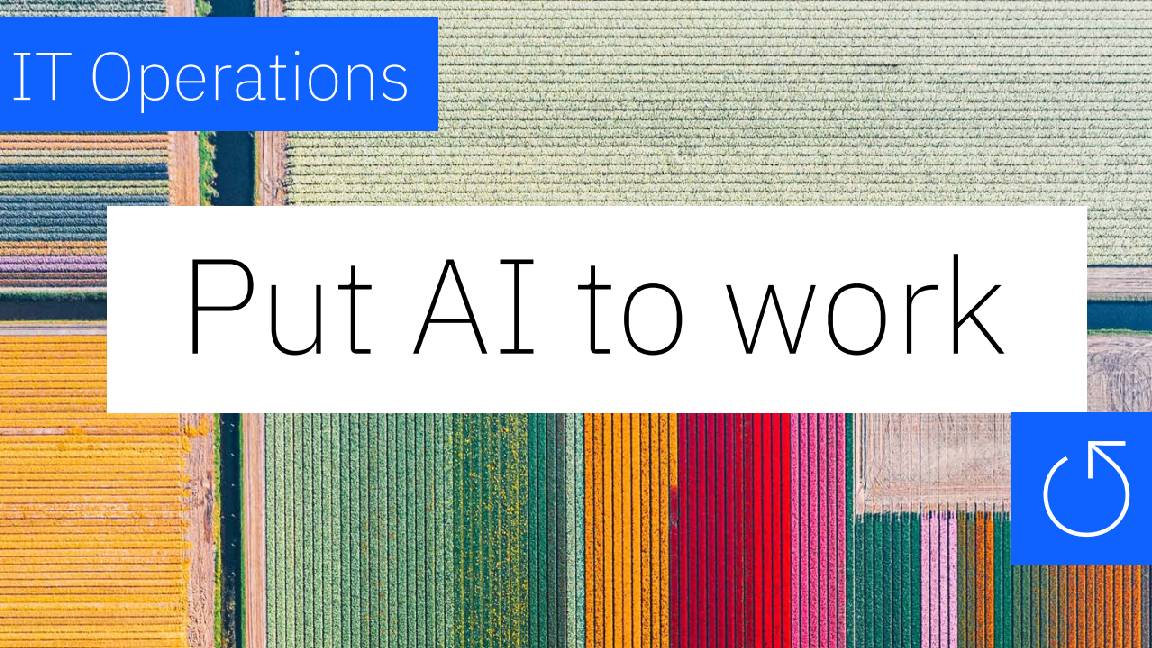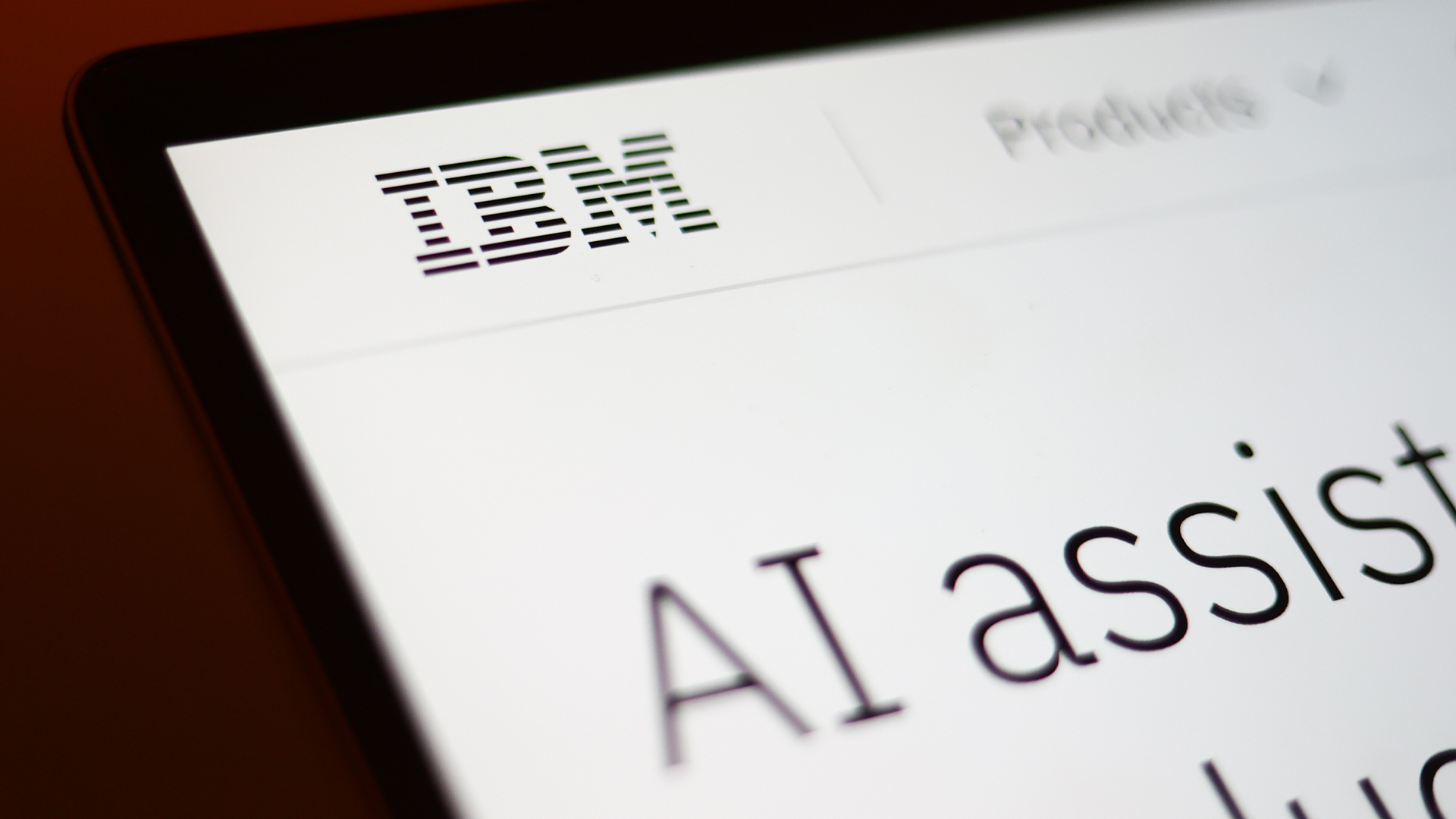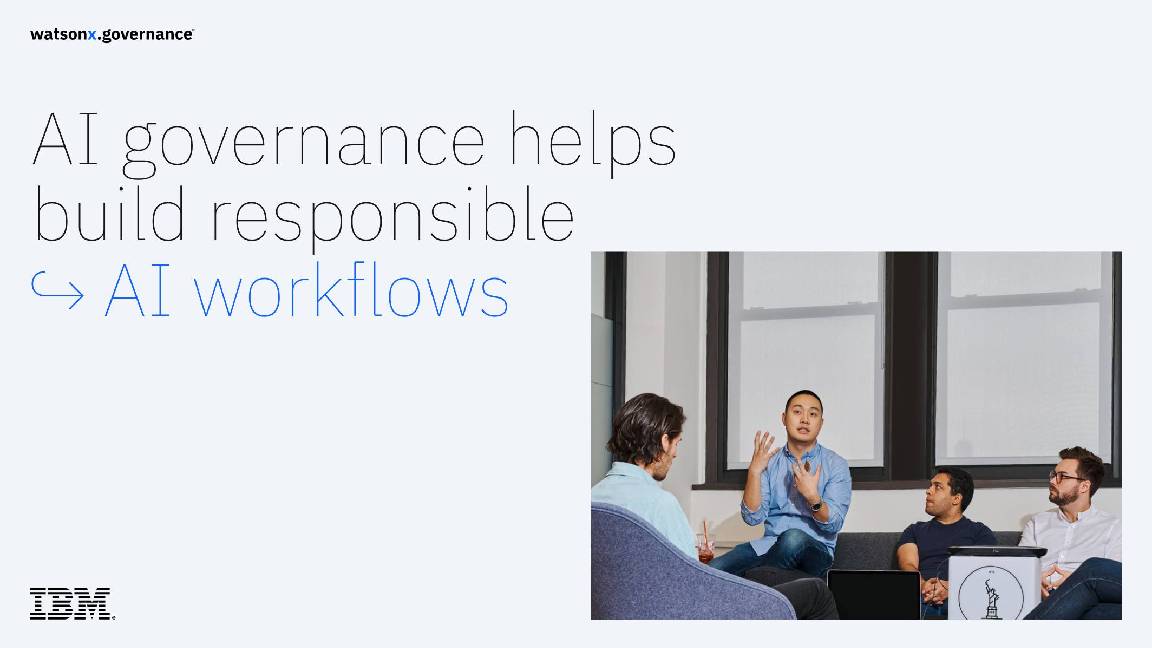IBM bans use of Siri on iPhones
Big Blue seems concerned Apple could access confidential information.

Sign up today and you will receive a free copy of our Future Focus 2025 report - the leading guidance on AI, cybersecurity and other IT challenges as per 700+ senior executives
You are now subscribed
Your newsletter sign-up was successful
IBM has banned its employees from using Apple's personal voice assistant Siri, amid fears confidential information could unwittingly be passed onto its technology rival.
Paragraph 4(c) of Apple's iOS Software License agreement outlines the information which the iPhone-maker collects when the voice assistant feature is used.
The main problem for IBM is likely to be the fact Apple records information from any emails and notes that have been dictated.
"When you use Siri or Dictation, the things you say will be recorded and sent to Apple in order to convert what you say into text and, for Siri, to also process your requests," the agreement notes.
"By using Siri or Dictation, you agree and consent to Apple's and its subsidiaries' and agents' transmission, collection, maintenance, processing, and use of this information, including your voice input and User Data, to provide and improve Siri, Dictation, and other Apple products and services."
Siri debuted in the iPhone 4S, allowing users to initiate various tasks using their voice. It is possible to ask questions, which will be answered by Wolfram Alpha, get stock information and set reminders.
However, the main problem for IBM is likely to be the fact Apple records information from any emails and notes that have been dictated. These are likely to carry sensitive information about Big Blue's products and services.
Sign up today and you will receive a free copy of our Future Focus 2025 report - the leading guidance on AI, cybersecurity and other IT challenges as per 700+ senior executives
Jeanette Horan, chief information officer at IBM has expressed concern any information given to Siri could then be accessed by Apple and has issued a blanket ban of the service.
"We're just extraordinarily conservative. It's the nature of our business," Horan told MIT's Technology Review.
Although IBM is capable of blocking Siri on internal Wi-Fi networks and can switch off the service before deploying an iPhone to employees, it is hard to enforce the ban. Siri works over 3G networks, so employees could easy circumvent the ban although they are unlikely to do so if it means compromising corporate data.
Whilst IBM has stopped short of banning the iPhone 4S, the decision to limit the use of Siri is still a major step, and is likely to lead other high-profile technology companies to consider their position.
-
 Pulsant unveils high-density data center in Milton Keynes
Pulsant unveils high-density data center in Milton KeynesNews The company is touting ultra-low latency, international connectivity, and UK sovereign compute power to tempt customers out of London
-
 Anthropic Labs chief claims 'Claude is now writing Claude'
Anthropic Labs chief claims 'Claude is now writing Claude'News Internal teams at Anthropic are supercharging production and shoring up code security with Claude, claims executive
-
 Put AI to work for IT operations
Put AI to work for IT operationswhitepaper Reduce the cost and complexity of managing hybrid applications
-
 AI in the retail industry is spreading beyond the IT department
AI in the retail industry is spreading beyond the IT departmentNews AI has become a strategic imperative for retailers, delivering marked productivity gains
-
 Maximizing contact center operations with generative AI assistants backed by responsible AI principles
Maximizing contact center operations with generative AI assistants backed by responsible AI principleswhitepaper Reduce the cost and complexity of managing hybrid applications
-
 IBM just launched powerful new open source AI models – here’s what you need to know
IBM just launched powerful new open source AI models – here’s what you need to knowNews Available under the Apache 2.0 license, IBM's Granite 3.0 models are trained on enterprise data and can out-perform the competition
-
 Achieving business outcomes with generative AI
Achieving business outcomes with generative AIWebinar Take your hybrid cloud journey to the next level with generative AI
-
 Wimbledon’s new Catch Me Up AI feature promises to keep fans up to date at the tournament – after it irons out some of the wrinkles
Wimbledon’s new Catch Me Up AI feature promises to keep fans up to date at the tournament – after it irons out some of the wrinklesNews The latest feature to come out of IBM’s partnership with Wimbledon will keep fans engaged from the early stages right through to the final with dynamic player insights
-
 AI demands new ways of data management
AI demands new ways of data managementwhitepaper The data leader’s guide for how to leverage the right databases for applications, analytics and generative AI
-
 AI governance for responsible transparent and explainable AI workflows
AI governance for responsible transparent and explainable AI workflowswhitepaper Build greater trust in your AI